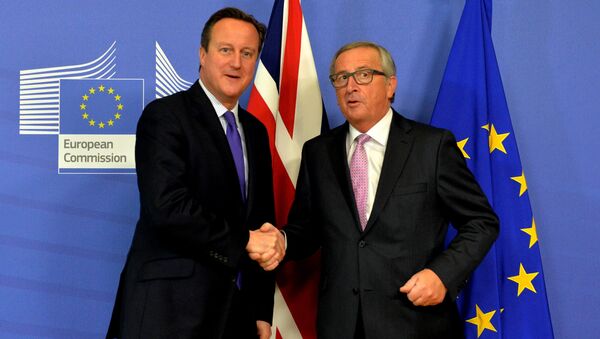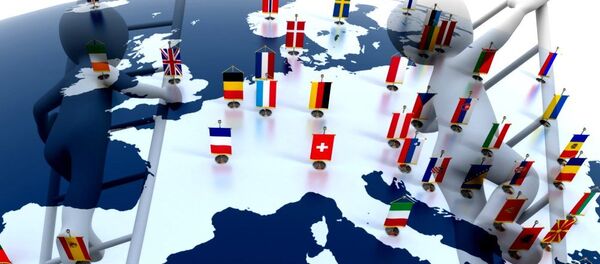He has promised an In-Out referendum on Britain’s membership of a reformed EU by the end of 2017. However, because of the French and German elections in 2017 – which will divert attention from UK interests – Cameron is hoping that if could be as early as June this year, if he can reach agreement on his terms at the next EU summit in mid-February.
I made clear in my speech at #WEF — an EU renegotiation deal needs to be right for the UK. I'm in no hurry to do a deal in February.
— David Cameron (@David_Cameron) January 21, 2016
It has now emerged that Cameron has cancelled visits to Denmark and Sweden and is said to have arranged a face-to-face meeting Friday with European Commission President Jean-Claude Juncker. It emerged there was heavy opposition to one of Cameron’s demands – the delay in paying in-work benefits to EU citizens until they had been working for four years in Britain.
Difficult Issues
A Downing Street source said: "As you would expect, as we get closer to the February Council, there are meetings to be held with some of the people most closely involved in the process. The opportunity for meeting on Friday has come up, so we are taking that opportunity".
For the sake of our national security, we must control our own borders. We can only do that by Leaving the European Union.
— Nigel Farage (@Nigel_Farage) January 27, 2016
Cameron is also demanding the UK be released from the policy of 'ever closer union' and is also calling for less red tape and non-discrimination of non-euro countries – all of which has won the broad support of his EU colleagues.
Sources in Brussels said Juncker had cleared his diary for a swiftly-arranged meeting with Cameron. The EC president told a news conference a week ago:
"The issues put on the table by the British prime minister are all difficult issues. Don't think there is one issue which would be particularly difficult — although it is and that's the welfare issue — and that the other points mentioned by the British will be less important, and easy. They are not."
"Even ever-closer union, the role of national parliaments, the relations between the ins and the outs in the euro system, all these are very, very difficult issues and we have to work hard in these days to come to agreements," Juncker said.



